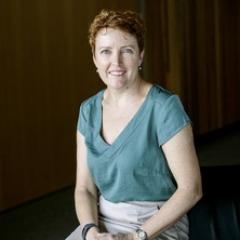Personalised wearable robotics for restoration of walking function after stroke
Stroke is a leading cause of severe and long-lasting acquired disability worldwide and has devastating consequences on people’s ability to participate in society and their overall quality of life.
Recovery of community ambulation after stroke is essential, as it is associated with increased physical activity and quality of life, which could significantly contribute to reduce the global stroke burden on individuals, health care systems and society.
Wearable robots (e.g., powered exoskeletons) have emerged as tools that can revolutionize the treatment and management of mobility impairments and fill the needs that conventional passive orthoses cannot. Their largest potential for rehabilitative therapy is their ability to modulate the level of assistance as required by the user, working harmoniously with the residual neuromuscular function. This, in turn, promotes neurological recovery and decreases the reliance on the device over time.
The goal of this project is to evaluate the potential of machine learning techniques to enable wearable robotic technology to adapt to individual user capabilities and restore walking ability and community ambulation after stroke. A commercially-available exoskeleton (EXOPS, Fourier Intelligence), will be used as a platform to develop and evaluate adaptive control policies that maximizes the user’s residual neuromuscular activity, while guaranteeing safe walking patterns.
Control policies will be derived using reinforcement learning and optimization techniques, in combination with high-fidelity closed-loop simulations that include personalized neuromechanical models, device and robotic controller. We will conduct feasibility experiments in collaboration with regional hospitals including Princess Alexandra Hospital and STARS.





